MAKE MY DAY
Main Cast: Clint Eastwood, Andrew Robinson
Director: Don Siegel
I’m not sure how long Mel, the lady trucker and I, were clinging to our rather precarious perch under the I-20 bridge over Lake Pontchartrain but at least the rain let up with the sunrise and I was able to dry my hair with the tail end of the silk kimono I happened to be wearing when our truck went through the guardrail. Eventually we were spotted by a very nice New Orleans ghost tour guide named Brian who was out for an early morning drive and was kind enough to call the highway patrol to come with a boat and a ladder to fetch us down. I was somewhat perturbed that they had not brought a dive team in order to retrieve my fifty-seven pieces of matching Louis Vuitton luggage and its contents from the bottom of the bay and I fully intend to have Fajer and Hellmann, my attorneys, take it up with them later. The kimono was rather the worse for wear after a night exposed to the elements so I was given a rather flimsy silver metallic space blanket for cover which I could not accessorize properly. Mel was fine in her overalls and flannels.
After an interminable amount of questions at the police station, including some highly improper innuendo regarding my and Mel’s recent acquaintance, I was told I was free to go while Mel dealt with her trucking company and various insurance operatives. I was still clad only in a space blanket and, for some reason, all of the local stores were closed for some sort of local festival called Covid, so I wasn’t able to purchase a sporty little travel outfit. I did find a piece of yellow nylon rope in the gutter and was able to at least fashion a belt and a few rosettes for my space blanket frock, but the colors did clash. I was able to hail a cab to the airport, which was also quite deserted – the festival must be quite popular – and had no trouble finding a flight back to Los Angeles.
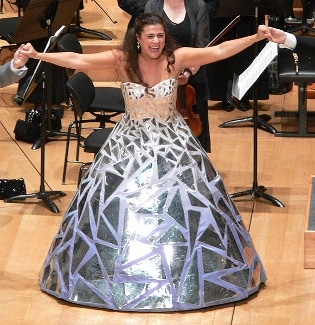
done with a proper tailor!
While waiting in the terminal, for my flight, I noticed a number of people wandering around in surgical masks. I figured there must have been a medical convention in town, but one does not want to be too importunate, so I settled myself into a chair, pulled out my handy iPad and fired up the Netflix app for a film while waiting for boarding. My choice was a modern classic, Dirty Harry, the 1971 film that cemented Clint Eastwood’s image as a rogue action hero. I had seen the film before, many years ago (and had read for the part of the school bus driver, turning it down when her big musical number was removed in pre-production), and thought it might be interesting to revisit it in the current political moment. The film was an enormous success on its original release (and spawned four sequels while creating, along with Bullitt and The French Connection, a new genre of urban cop film with antihero protagonists chafing at the rules). From the beginning, the film engendered controversy for its politics, portraying liberal San Francisco as full of ineffectual politicians and bureaucrats bending over backwards to coddle the rights of criminals at the expense of the law abiding. Add to that a strong strain of misogyny as women are portrayed solely as victims or objects.
Harry Callahan, the title character (Eastwood), is a veteran SFPD detective who is working a new murder case. As the film opens, he’s investigating a young woman shot to death in a hotel rooftop pool. He figures out where the shot must have come from and finds a note from the killer, calling himself Scorpio (an homage to the still uncaught Zodiac killer that had terrorized San Francisco over the previous decade) demanding money from the city or else he will kill again. Callahan is distressed to find his boss (Harry Guardino) and the mayor (John Vernon) are actually considering paying the money and, while taking a lunch break, helps foil a nearby bank robbery (culminating in his famous ‘Do you feel lucky?’ speech). There are more murders, Harry is saddled with a rookie partner (Reni Santoni) that he doesn’t want, and eventually catches up with Scorpio (Andy Robinson) after a cross city chase involving pay phones. There are several reverses before the final battle in a Marin county gravel pit. You’ll have no trouble figuring out far in advance who wins.
Dirty Harry was directed and produced by screen veteran Don Siegel, best known for westerns and the original version of Invasion of the Body Snatchers (another film with right wing political undertones). He was at the top of his game with the material and there are a number of brilliant sequences. The wordless prologue which lays out everything we need to know about cop and criminal in strictly visual cues. The bank robbery sequence. Harry chasing a commandeered school bus. The only part that rings false is a scene where Harry talks a would be suicide off of a ledge – it feels shoehorned in from another film and does nothing to advance plot, character, or theme and should have been cut. Siegel was working from a script by Harry and Ruth Fink that had been kicking around Hollywood for a number of years. Rewritten at various times by the likes of John Milius and Terence Malick, it had been offered to any number of mature male stars – John Wayne, Frank Sinatra, Steve McQueen, Burt Lancaster – all of whom had turned it down as too violent, too political, or not fitting their image. Eastwood, forty-one at the time of the film’s release, was considered too young for the role, conceived of as mid fifties and heading towards retirement.
Eastwood, never the most versatile of actors, managed to find a balance between his relative youth and the character’s world weariness that made a certain amount of psychological sense, especially in the scenes where he was battling city hall. You got the feeling that he had fought that fight dozens of times over years and that the only reason he hadn’t been bounced from his job was his unique ability to do it better than anyone else. Eastwood returned to the character again and again and played variations on it in other films over the years such as Tightrope and it became more or less synonymous with his screen persona. The man who does wrong for all the right reasons stemming from a moral and ethical code.
Dirty Harry makes great use of its San Francisco location, focusing in on lesser known landmarks such as Kezar stadium and the Mount Davidson cross rather than using the ones that every other film has done to death. The cinematography (Bruce Surtees) has that 70s reality feel that makes you think a voice over is going to announce ‘A Quinn Martin production’ and we’re going to get subtitles denoting act breaks. The supporting cast are all competent. Andy Robinson, with his cherubic face, and long stringy hair, is the standout as the psychotic hippy Scorpio who might just be a lot smarter than the police are thinking.
Dirty Harry has aged relatively well as a piece of filmmaking and definitely worth a look if you’re willing to ignore some of the John Birch Society ideals in the subtext and its rather abject treatment of women. Perhaps I should investigate whether the musical rights are available. I could star as Dirty Harriet and we could turn all the misogyny on its head with a couple of rousing tap choruses.
Cigarette clues. Priest in a gunsight. Dead child. Wrong person on payphone. Gratuitous gay cruising moment. Knife to leg. Fist to face. Run over fire hydrant. Endangered school children. Five versus six bullets.
To learn more about Mrs. Norman Maine, see our Movie Rewind introduction, visit her entire back catalog and follow her on Twitter at https://twitter.com/missvickilester
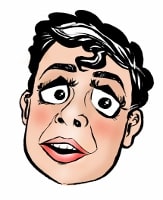
Originally from Seattle Washington, land of mist, coffee and flying salmon, Mrs. Norman Maine sprang to life, full grown like Athena, from Andy’s head during a difficult period of life shortly after his relocation to Alabama.

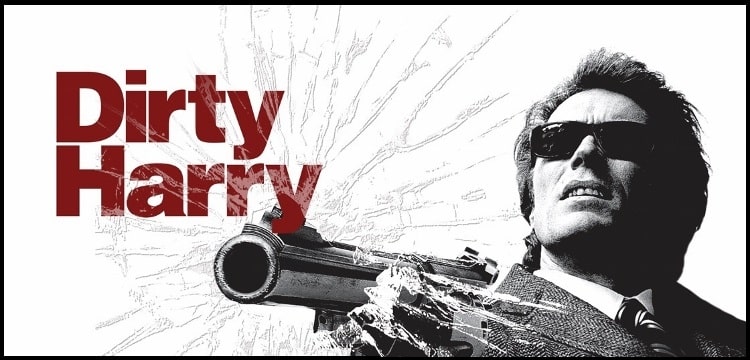


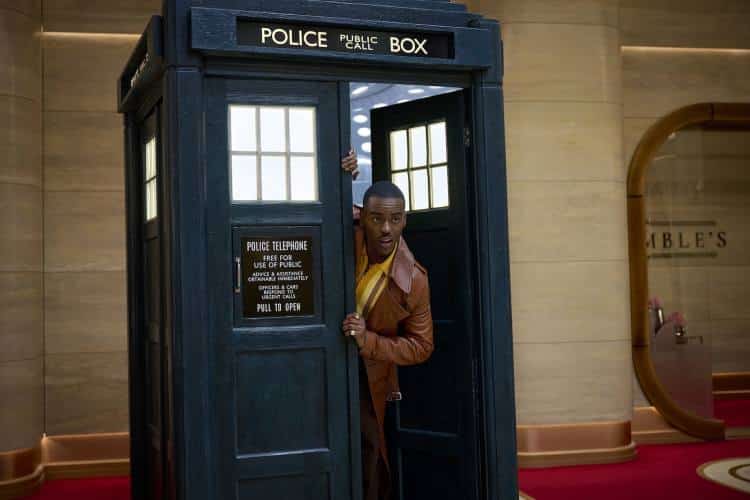
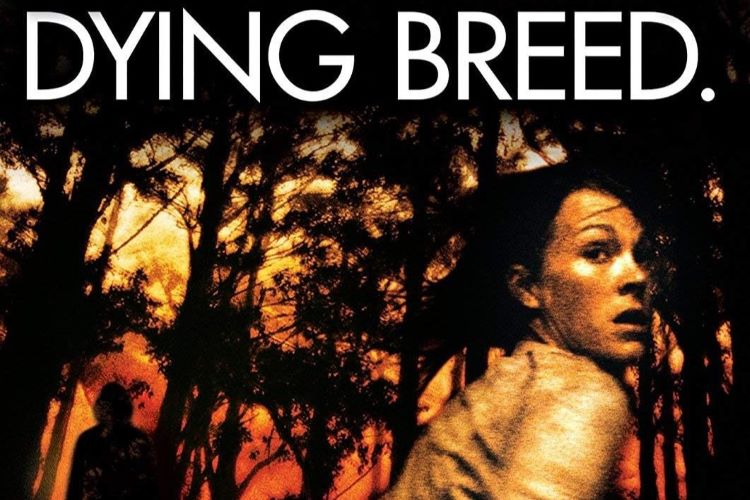
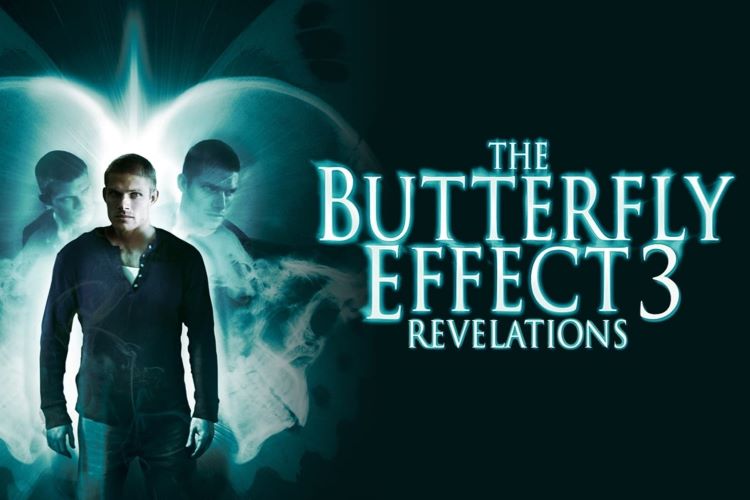
Leave a Reply